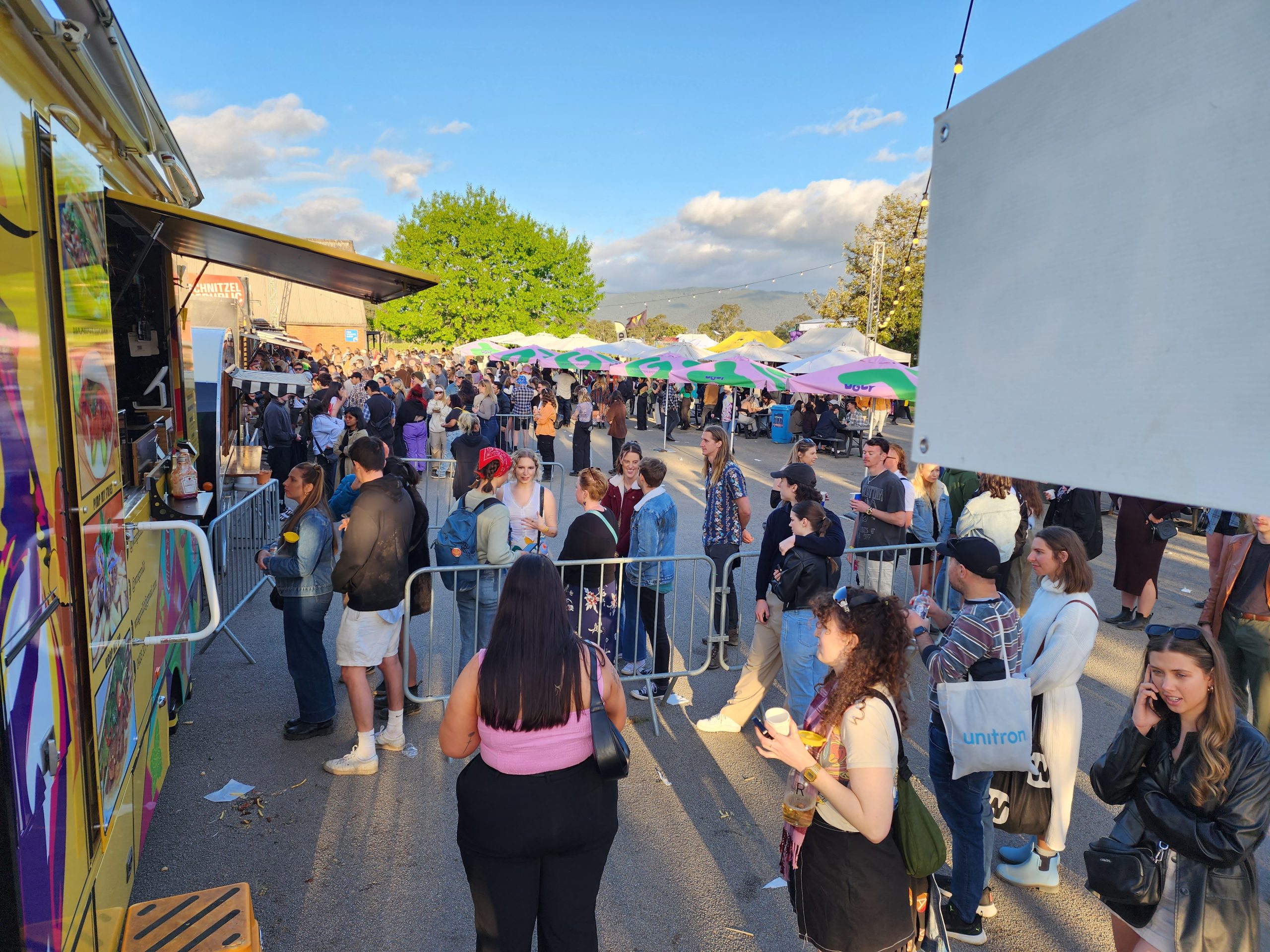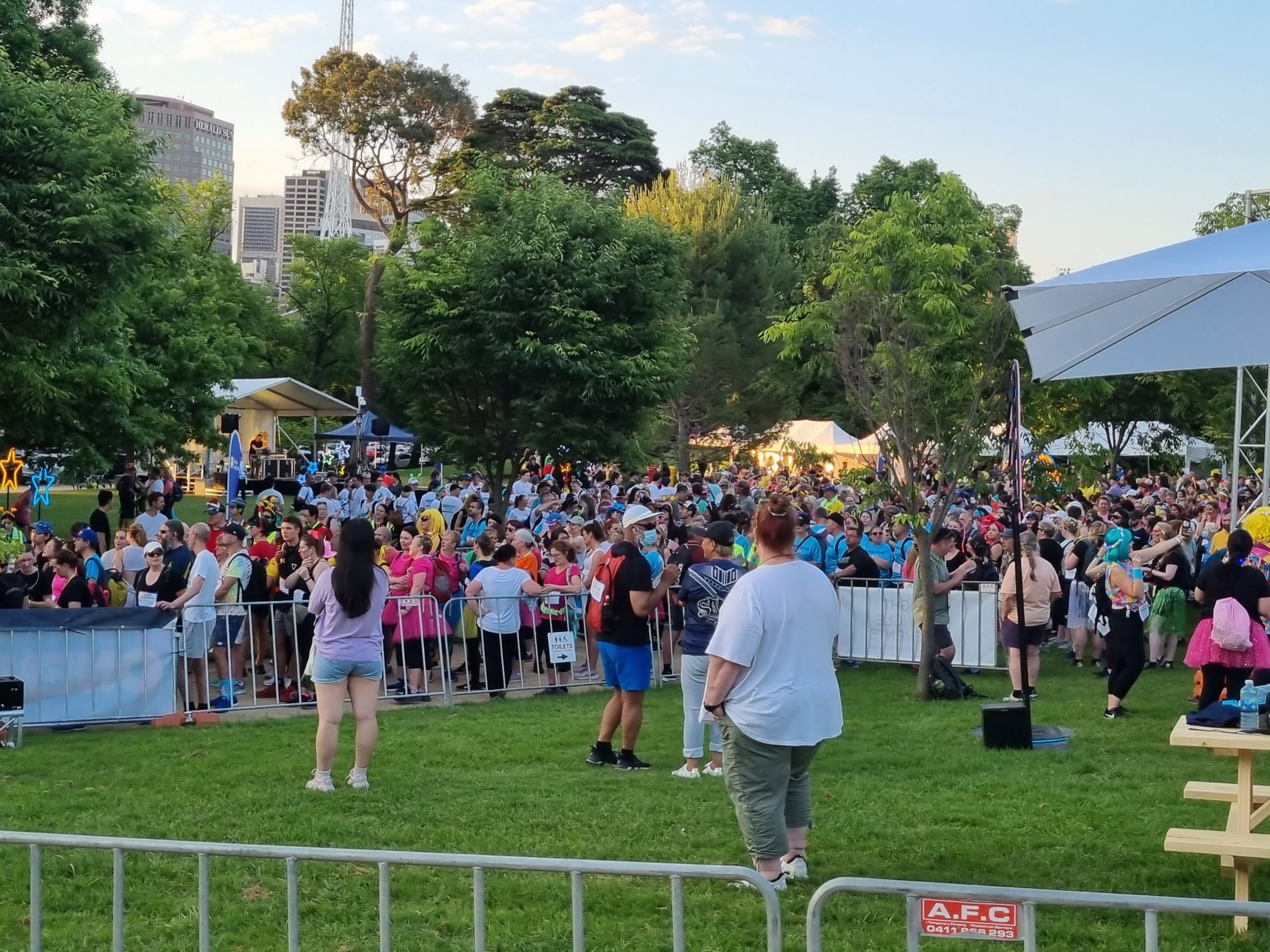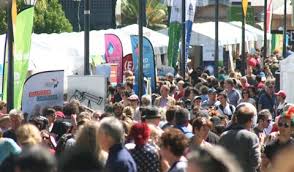How to Plan a Successful Community Event in Australia
Organising a community event is an exciting opportunity to bring people together, celebrate local traditions, and create lasting memories. Whether it’s a neighbourhood festival, a charity fundraiser, or a cultural celebration, successful events foster a sense of belonging and unity within the community.
However, turning your vision into reality requires careful planning and attention to detail. From securing permits to managing logistics and ensuring attendee safety, organising a community event can be complex but with the right approach, it can also be incredibly rewarding.
Complying with Local Government Regulations
One of the most critical aspects of planning a community event in Australia is ensuring that you comply with local government regulations. Here’s an overview of what’s needed:
Key Permits for Community Events
-
Public Event Permit: If your event takes place on public land, such as parks or community centres, you’ll need a public event permit from your local council. This requires details about the event’s purpose, attendee numbers, and logistics. Tip: Check your local council’s website for application forms.
-
Road Closure Permit: If your event impacts traffic, apply for a road closure permit. Include a traffic management plan and consider a traffic management company for support. Tip: Work with professionals to ensure your plan meets council requirements.
-
Food and Beverage Permits: Serving food or alcohol requires the appropriate permits. Depending on your location, a temporary food vendor permit or a liquor license may be necessary. Tip: Check state-specific terminology, like “Food Trader” in Victoria.
Risk Management and Safety Planning
Ensuring the safety of attendees is paramount when planning a community event. Here’s how to prepare:
-
Emergency Management: Have a detailed emergency response plan for incidents like medical emergencies or extreme weather. Coordinate with local emergency services for added support.
-
Public Liability Insurance: Councils often require public liability insurance to protect against claims of injury or damage during the event.
-
Accessibility Compliance: Ensure your event is inclusive for all, including features like ramps and accessible toilets, as per the Disability Discrimination Act 1992.
Steps to Planning a Successful Community Event
Define Your Objectives
Clarifying your event’s purpose will guide your decisions and keep you focused throughout the planning process.
Choose the Right Venue
Assess the venue for accessibility, amenities, and transport links. Conduct a thorough venue assessment or book a consultation.
Engage with Stakeholders
Build relationships with local authorities and stakeholders to secure permits and support. Tailor your approach to each party’s needs.
Develop a Marketing Plan
Promote your event using social media, local press, and community boards to reach and engage your audience effectively.
Create a Contingency Plan
Prepare for unforeseen challenges with backup suppliers, alternative venues, and an emergency communication plan.
Streamlined Event Planning Tailored to Your Needs
Organising a community event can be complex, but with the right support, it can be incredibly rewarding. At Right Angle Events, we specialise in planning and logistics for community events in Victoria.
Ready to streamline your process? Download our free Event Planning Guide to ensure all bases are covered. If you’re looking to plan your next event with confidence, contact us today.


